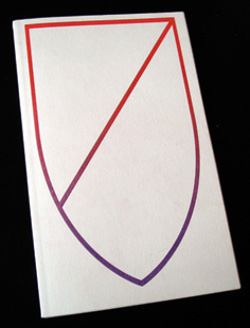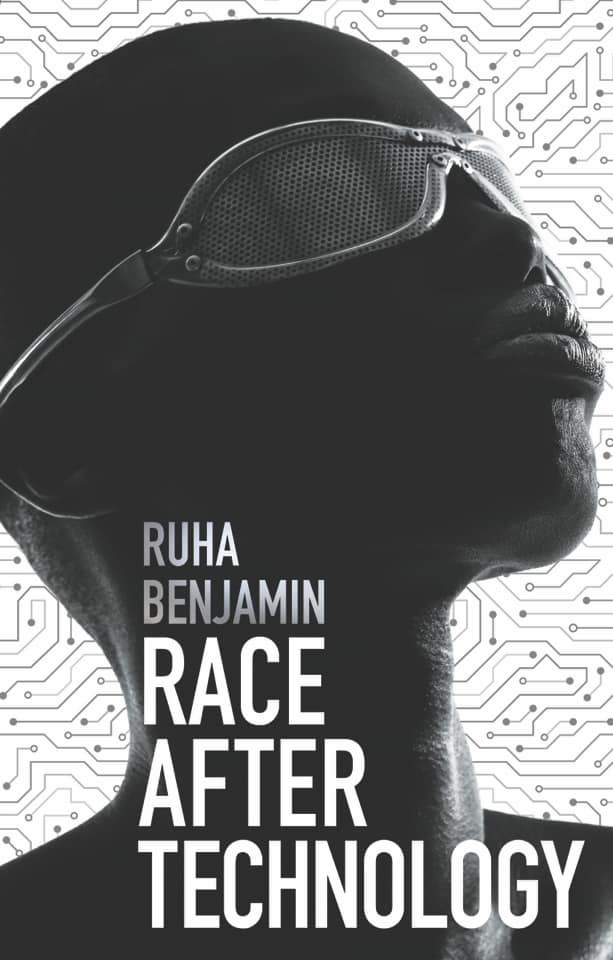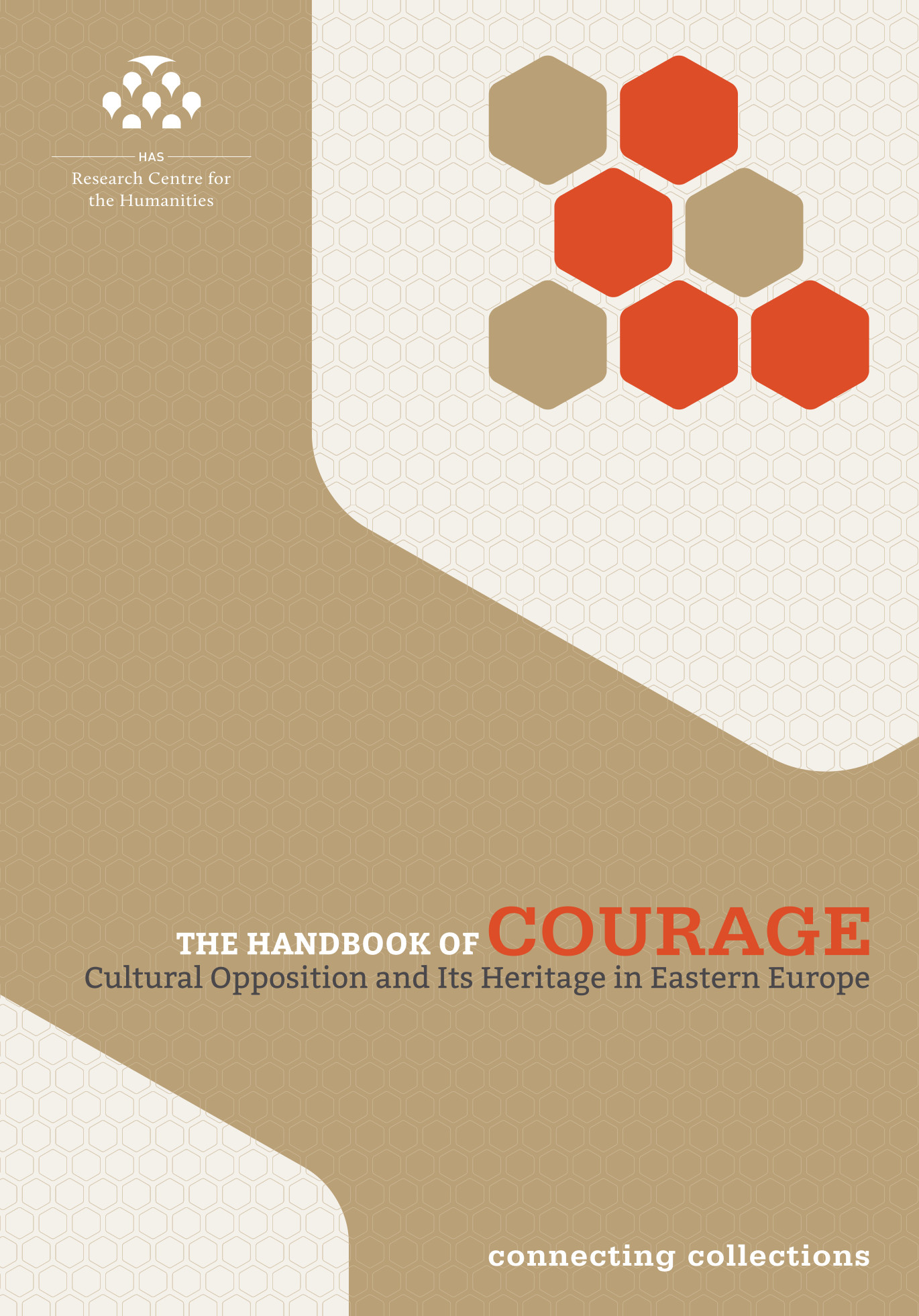Notes for an Art School (2006)
Filed under book | Tags: · art, art education, critical pedagogy, education, pedagogy

“Notes for an Art School is an anthology of essays and interviews by international artists, curators, theorists and educators on the topic of art education. Contributors are Mai Abu ElDahab, Babak Afrassiabi, Julie Ault, Martin Beck, Liam Gillick, Boris Groys, Olaf Metzel, Haris Pellapaisiotis, Tobias Rehberger, Walid Sadek, Nasrin Tabatabai, Jan Verwoert, Anton Vidokle and Florian Waldvogel.
The contributors to the book rethink the goals and structure of an art school, its ideological contexts, the positioning of its students to the art world, its relationship to social and political conditions, and the level of its discursive involvement, drawing on specific examples and on their own experiences to interrogate the appropriateness and validity of existing school models.
In their collaborative essay, Julie Ault and Martin Beck speak about the democratization of academies as a means of generating active social engagement. Boris Groys conjectures that ‘the goal of education is to make the students able to read an apology as a critique’, Liam Gillick addresses ‘the rift between the theoretical components of an art school environment and other practical working aspects of the same place’, and Jan Verwoert tackles the academy as a site of production from the viewpoint of both its defender and critic. Olaf Metzel looks at some possibilities of reaction outside of institutional frameworks, Walid Sadek argues that by positioning itself as an institution in constant flux, the art academy can become a safe haven supporting the proliferation of multiple significations, and Babak Afrassiabi and Nasrin Tabatabai, dissecting the example of Abbas Kiarostami’s film First Case, Second Case, call for knowledge production based on an understanding of the changing nature of discourse. Haris Pellapaisiotis writes about Artalk, a lecture series he organises in Nicosia in absence of alternative institutional frameworks for critical cultural dialogue, while Tobias Rehberger discusses his teaching method as a process of destroying the clichés and preconceived notions that students bring with them into art school, and also provides some personal insight into his own education.”
Edited by Mai Abu ElDahab, Anton Vidokle and Florian Waldvogel
Publisher Manifesta 6 School Books, Nicosia, 2006
[92] pages
Publisher (archived)
Publisher
Ruha Benjamin: Race After Technology: Abolitionist Tools for the New Jim Code (2019)
Filed under book | Tags: · abolitionism, algorithm, artificial intelligence, dna, facebook, google, prediction market, race, racism, segregation, social media, surveillance, technology

“From everyday apps to complex algorithms, Ruha Benjamin cuts through tech-industry hype to understand how emerging technologies can reinforce White supremacy and deepen social inequity.
Benjamin argues that automation, far from being a sinister story of racist programmers scheming on the dark web, has the potential to hide, speed up, and deepen discrimination while appearing neutral and even benevolent when compared to the racism of a previous era. Presenting the concept of the “New Jim Code,” she shows how a range of discriminatory designs encode inequity by explicitly amplifying racial hierarchies; by ignoring but thereby replicating social divisions; or by aiming to fix racial bias but ultimately doing quite the opposite. Moreover, she makes a compelling case for race itself as a kind of technology, designed to stratify and sanctify social injustice in the architecture of everyday life.
This illuminating guide provides conceptual tools for decoding tech promises with sociologically informed skepticism. In doing so, it challenges us to question not only the technologies we are sold but also the ones we ourselves manufacture.”
Publisher Polity Press, Cambridge, 2019
ISBN 9781509526406, 1509526404
x+285 pages
Interview with author (Sanjana Varghese, Guardian, 2019)
Comment (0)The Handbook of Courage: Cultural Opposition and its Heritage in Eastern Europe (2018)
Filed under book | Tags: · activism, censorship, central europe, culture, dissent, east-central europe, eastern europe, politics, protest, southeastern europe, surveillance, underground

“The Courage Handbook ushers its reader into the world of the compellingly rich heritage of cultural opposition in Eastern Europe. It is intended primarily to further a subtle understanding of the complex and multifaceted nature of cultural opposition and its legacy from the perspective of the various collections held in public institutions or by private individuals across the region.
Through its focus on material heritage, the handbook provides new perspectives on the history of dissent and cultural non-conformism in the former socialist countries of Central, Eastern, and South-eastern Europe.
The volume is comprised of contributions by over 60 authors from a range of different academic and national backgrounds who share their insights into the topic. It offers focused discussions from comparative and transnational perspectives of the key themes and prevailing forms of opposition in the region, including non-conformist art, youth sub-cultures, intellectual dissent, religious groups, underground rock, avantgarde theater, exile, traditionalism, ethnic revivalism, censorship, and surveillance.”
Edited by Balázs Apor, Péter Apor and Sándor Horváth
Publisher Institute of History, Research Centre for the Humanities, Hungarian Academy of Sciences, Budapest, 2018
ISBN 9789634161424, 9634161421
634 pages
Project website
Publisher
WorldCat

